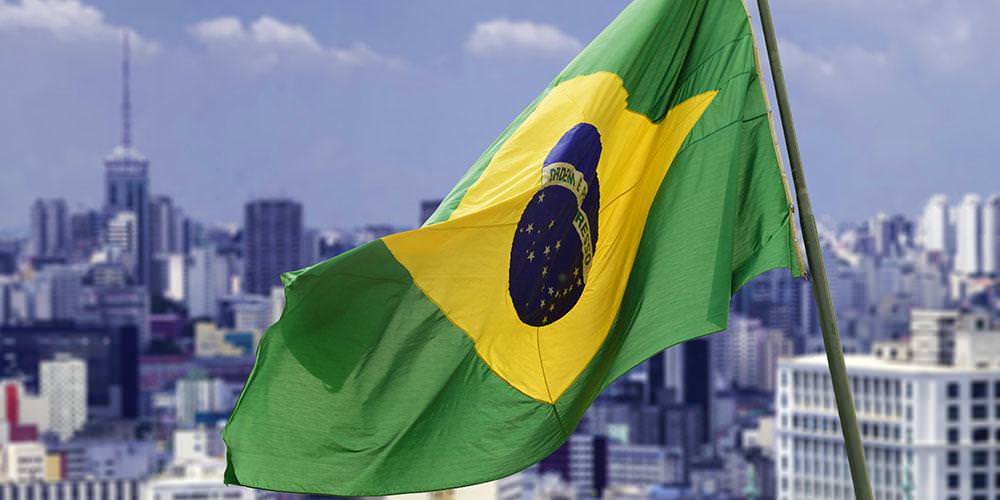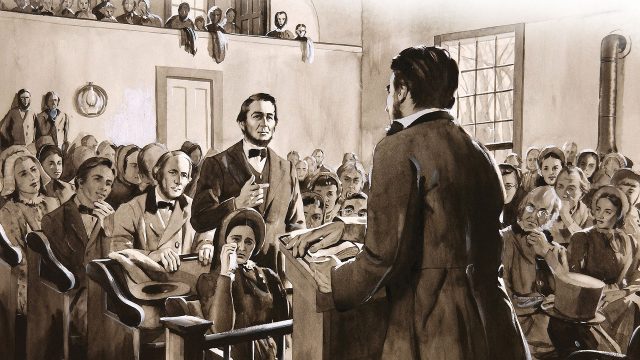Passing of the bill acknowledges Adventist Church’s contribution to society.

On Oct. 16, governor of the Brazilian State of Sao Paulo Geraldo Alckmin signed a bill passed by the state legislative body which officially declares Oct. 22 of each year as “Adventist Day.” The state’s new law, church leaders believe, is a recognition of the ongoing work of the denomination across the territory, which has made significant contributions to society through projects in education, health, religious liberty, and social development.
The date chosen is significant for Seventh-day Adventists, since Oct. 22, 1844, marked the day of what is known in Adventist history as “The Great Disappointment.” After studying Bible prophecy for years, a group of Christians had concluded that Jesus would return to the earth on Oct. 22, 1844. While many deserted the group after Jesus did not come back on that day, a small group kept studying the Bible, to conclude that while the date of the prophecy was correct, their interpretation of the event happening on that day was wrong. Out of that group, the Seventh-day Church was born a few years later.
Adventists in Sao Paulo
With 45 million people, Sao Paulo is Brazil’s most populous state. According to records within the Adventist Membership System, there are over 262,000 baptized Seventh-day Adventist members across the state, or one Adventist member per 172 people. The Central Brazil Union Conference church region oversees the work of the church across the state, and its territory is in turn divided into eight sub-regions called conferences.
Across the state, Seventh-day Adventists are known as active Christians who do not hesitate to go beyond their church buildings walls to meet people where they are, providing humanitarian assistance, health and educational support, and words of encouragement and hope.
Several Adventist-driven projects gained media attention, including a partnership between the Seventh-day Adventist Church and the City of Sao Paulo government during the city’s Winter Emergency Program. The program provides winter clothes to people living on the streets of the city, with a population of 12 million. According to official estimations, there are around 25,000 homeless people in Sao Paulo, but local shelters have room for only 11,000. During the 40 days of the program, the Seventh-day Adventist Church provided basic healthcare to the homeless stopping by the official winter clothes distribution center.
Also, the Adventist Development and Relief Agency (ADRA) Brazil, the humanitarian arm of the Seventh-day Adventist Church in that South American nation, is currently involved in 24 projects, just in the state of Sao Paulo. ADRA is also prepared to provide emergency services when natural disasters affect the territory, as was the case when torrential rains affected several Paulist towns in early 2016.
Another area where Seventh-day Adventists have made an outstanding contribution to Brazilian society is religious liberty. A Seventh-day Adventist coordinates the Religious Liberty Committee of the influential Sao Paulo Lawyers Association. A few days ago, Adventist members erected a support center to assist pilgrims walking dozens of miles along a major road as part of a religious festivity.
The bill signed into law on Oct. 16 had been on the agenda of the Sao Paulo State Legislative Assembly since Feb. 2016. The signed version was published in the Oct. 17 Official Bulletin of the state government. The new law making Oct. 22 “Adventist Day” has now been added to the official events calendar of Brazil’s most populous state.








